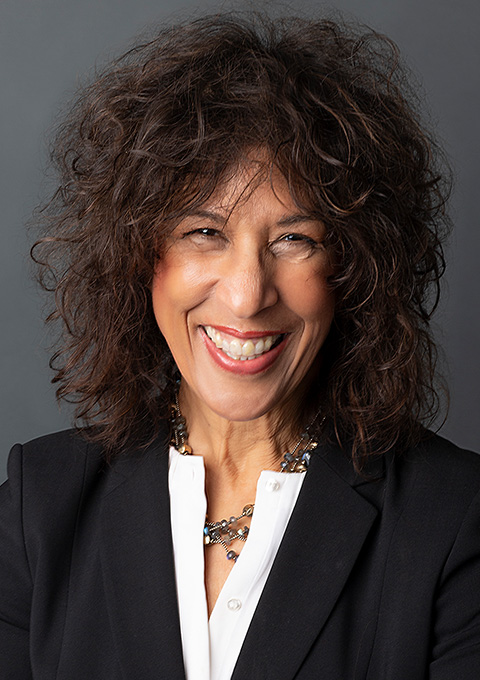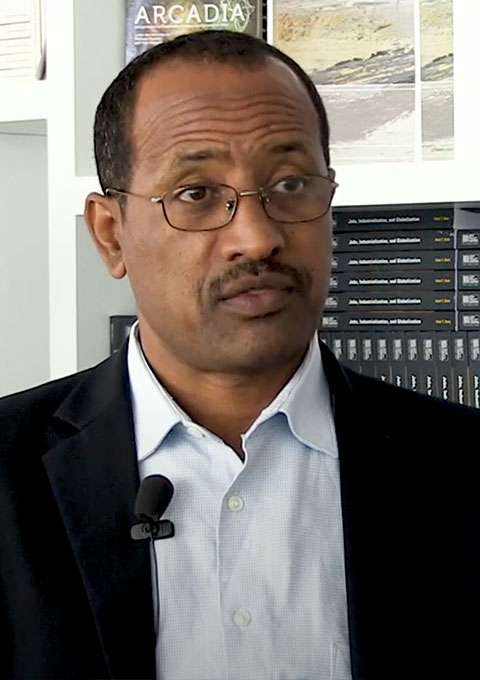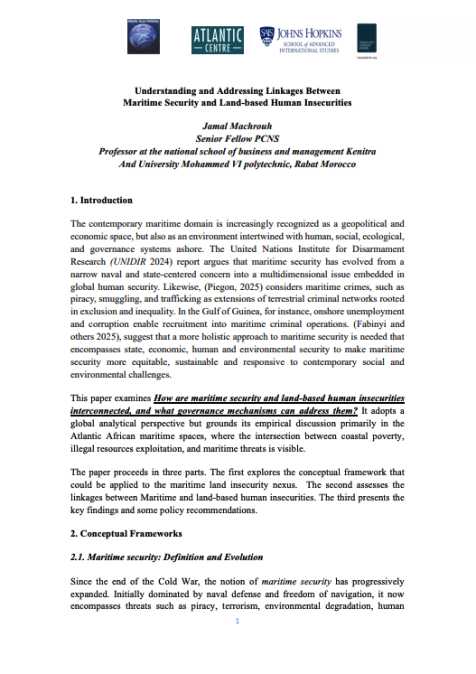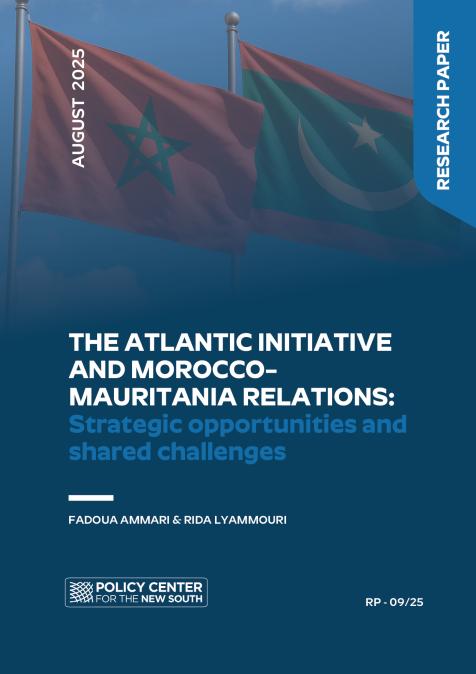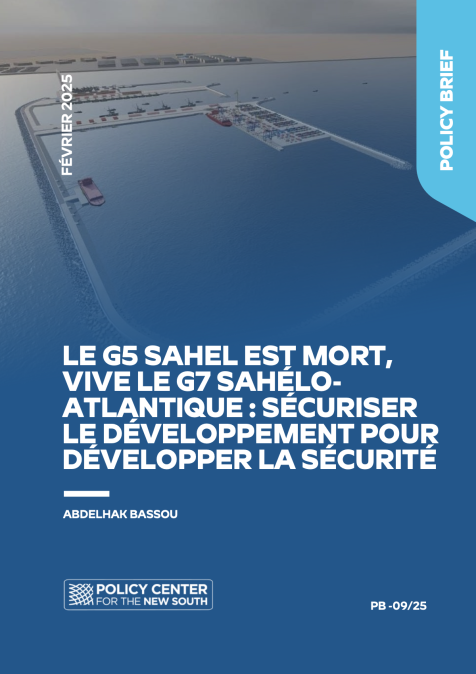The 2020 US elections have taken place amidst a highly polarized context, compounded by a devastating global health crisis, a far-reaching economic recession, and the mounting threat of populism worldwide, calling into question the limits of multilateral cooperation. The Presidential Election has represented a critical juncture not only to American citizens anxious about the future of their nation, but also to US partners around the world. Affecting the nation’s foreign policy on topics of global common interest, ranging from climate change and global health to international security, the election has raised extensive questions about the future of the international system and of the wider trans-Atlantic relationship. Indeed, the multiple alliances and partnerships the United States has nurtured over the years throughout Europe, Africa, and South America, have come under great duress following the outbreak of COVID-19 and the rise of instability, threatening to crystalize a gradual shift toward isolationism. The extent to which the next administration will succeed in overcoming structural and domestic constraints in order to reconcile domestic interests with the foreign policy agenda, will be decisive in ushering a new era of strengthened trans-Atlantic relations. Is isolationism a temporary political orientation the current administration has embraced or will a gradual retreat from multilateralism irreversibly come to characterize American foreign policy in the following decades? What are the key pressing issues and security challenges requiring multilateral mobilization in the Wider Atlantic? What impact would a divided government have on the next administration’s foreign policy in the region? How can countries throughout the Wider Atlantic renegotiate an inclusive framework of cooperation reengaging the South Atlantic to build long-lasting partnerships aimed at tackling common challenges? Moderator : Kidane Kiros, Senior Fellow, Policy Center for the New South Speakers : - Reta Jo Lewis, Senior Fellow & Director of Congessional Affairs, German Marshall Fund of the United States - Len Ishmael, Senior Fellow, German Marshall Fund of the United States and the Policy Center for the New South
